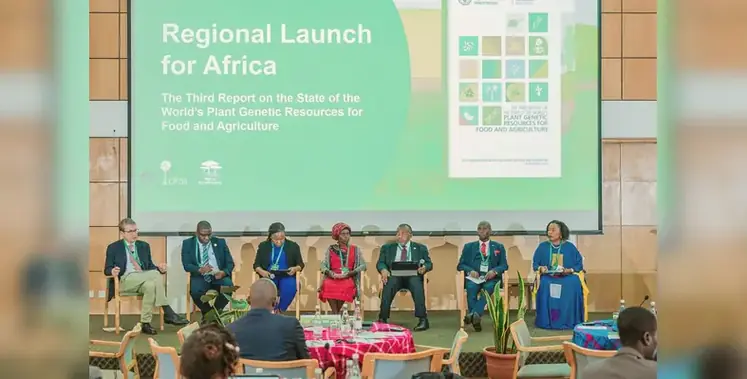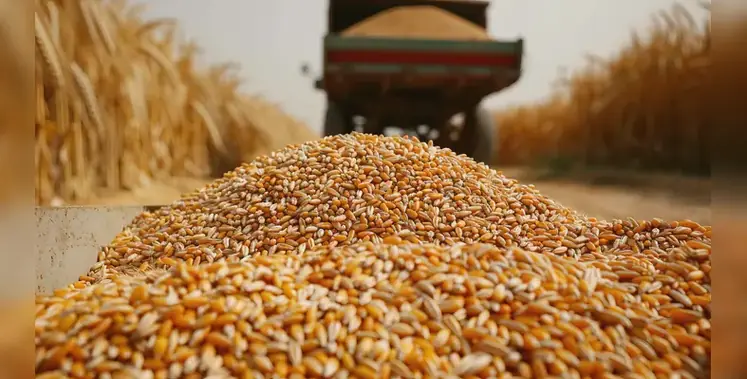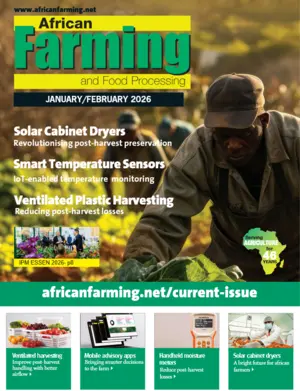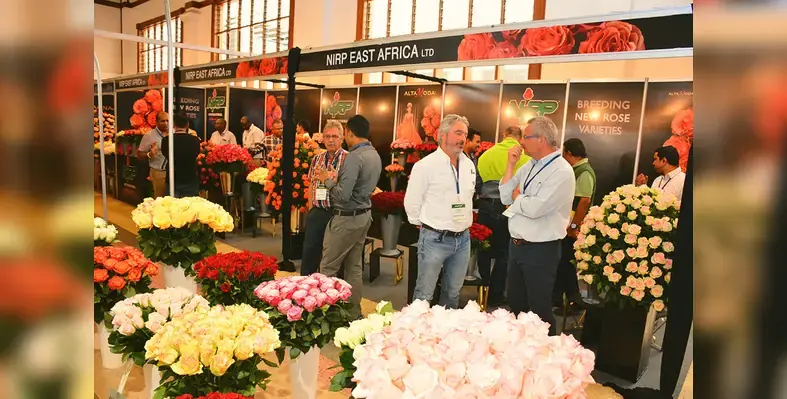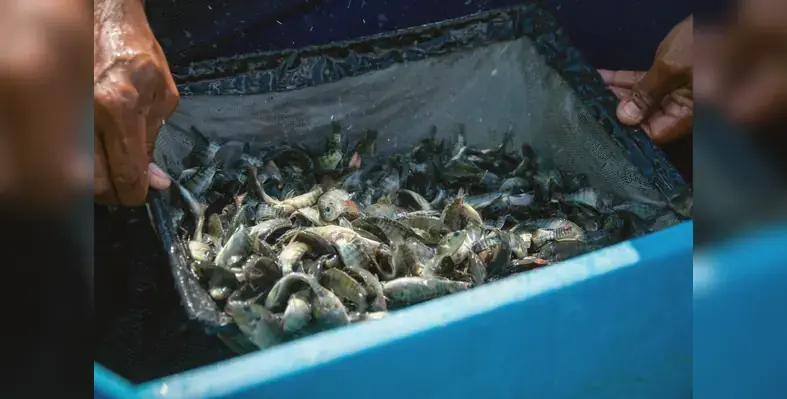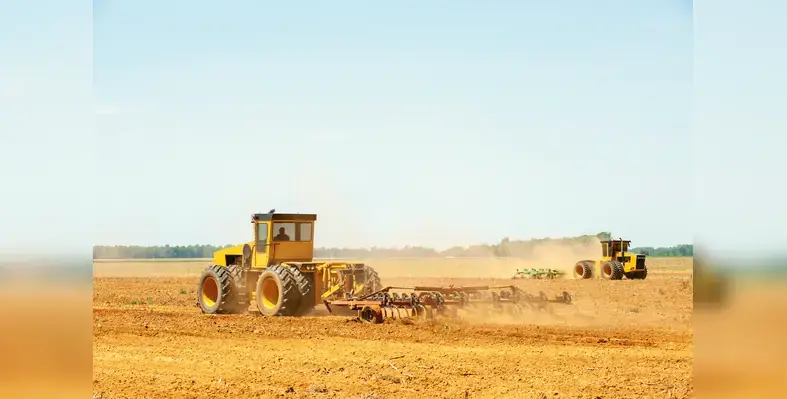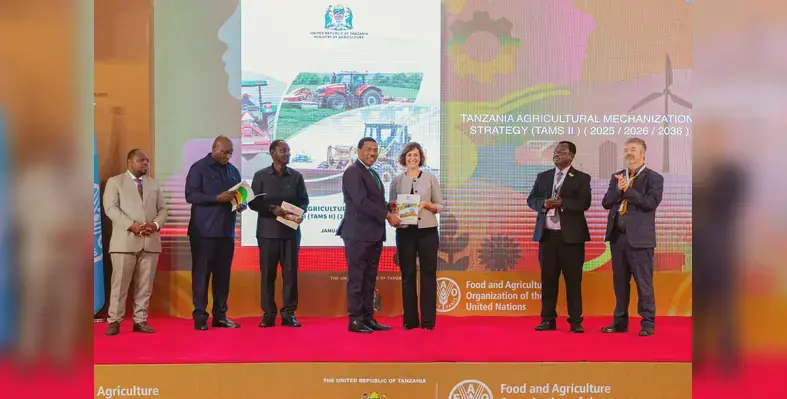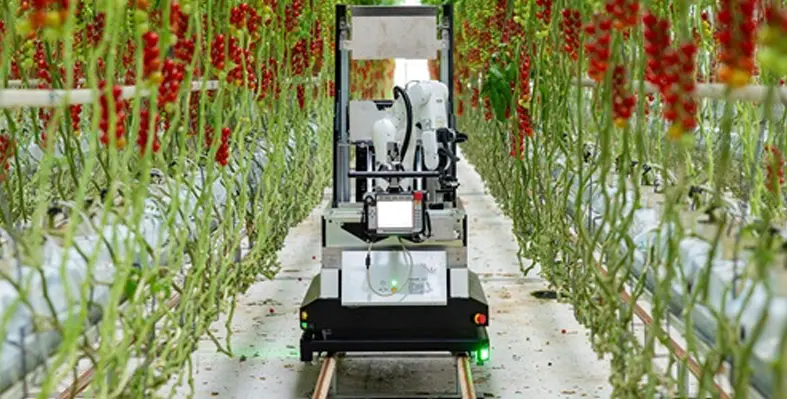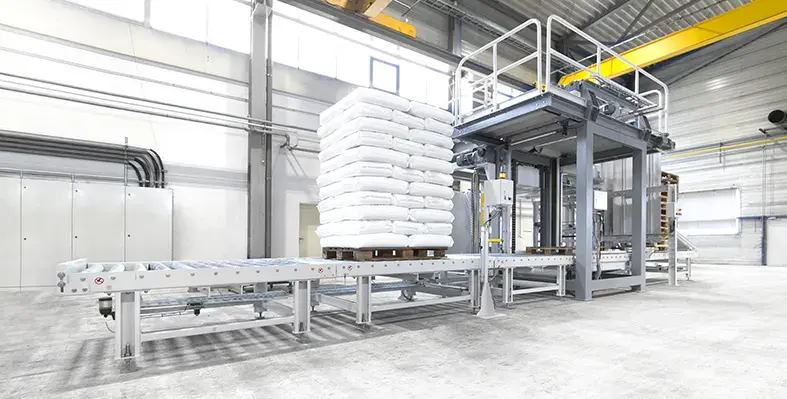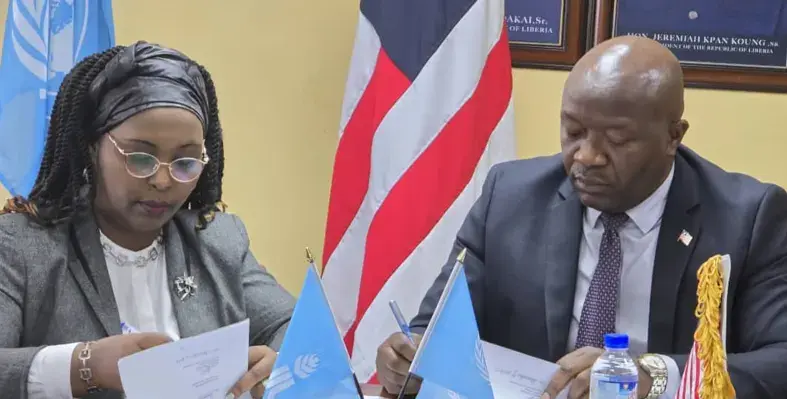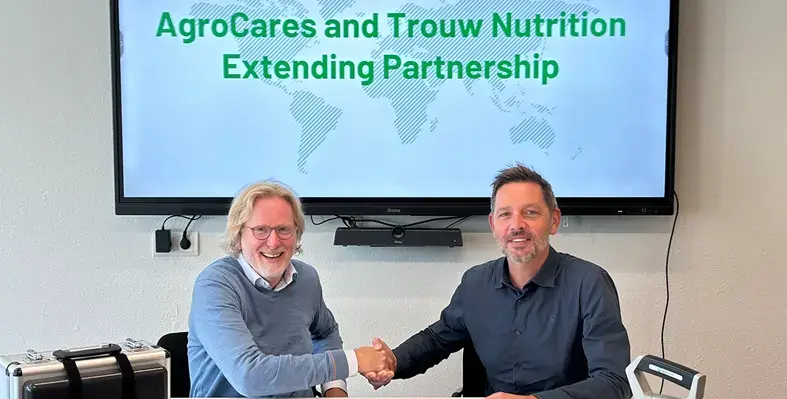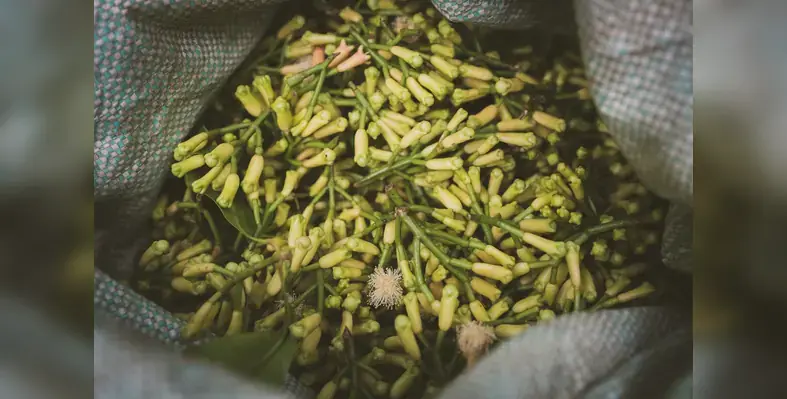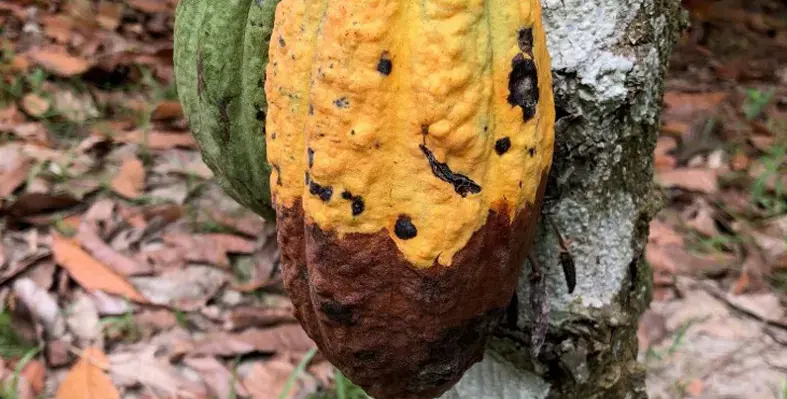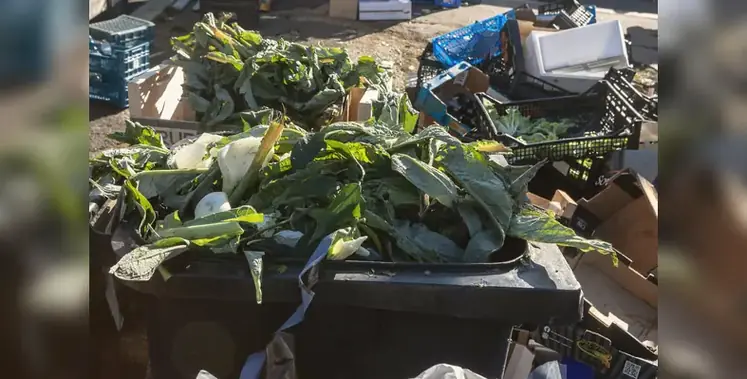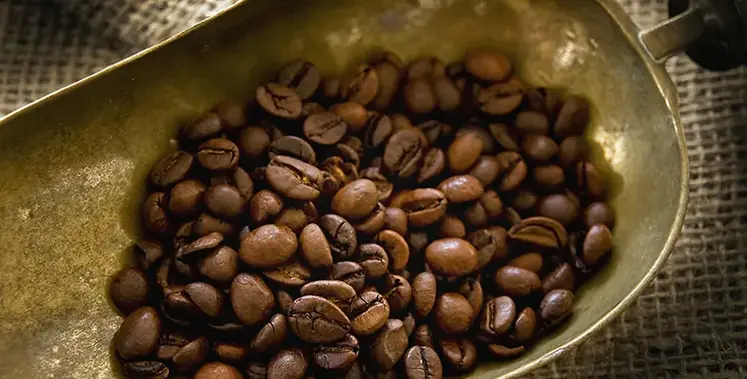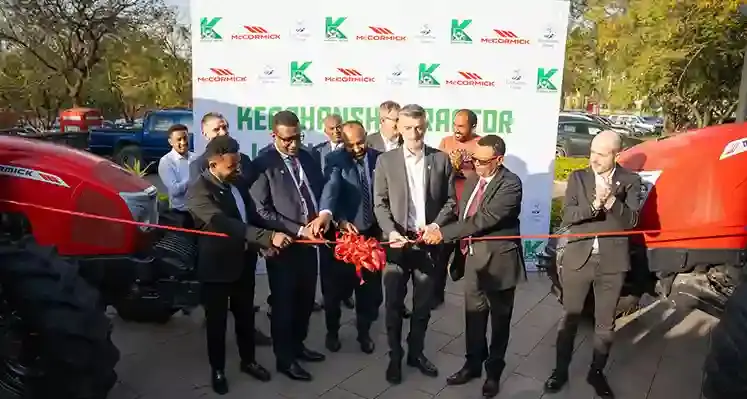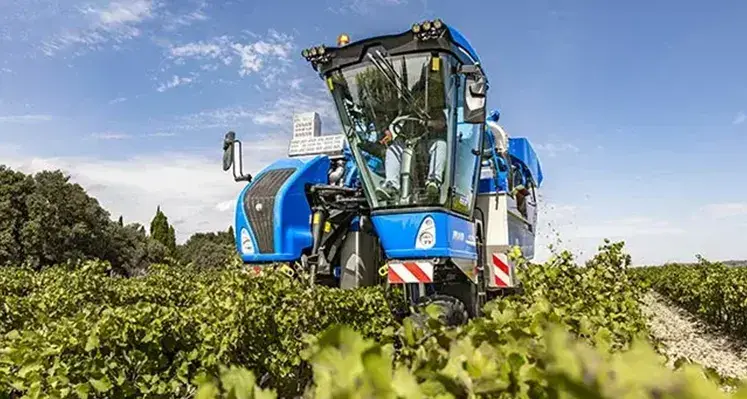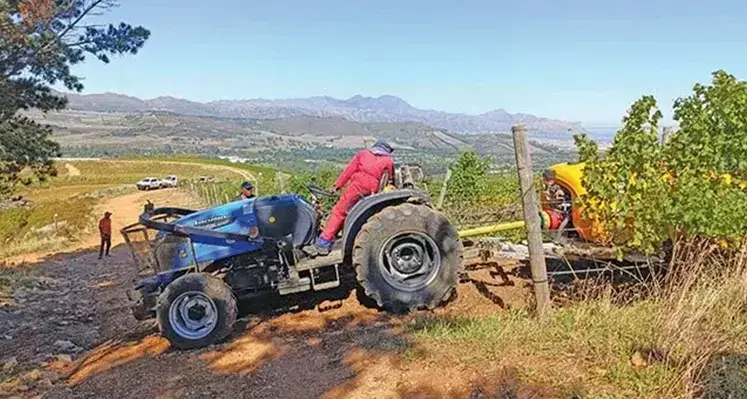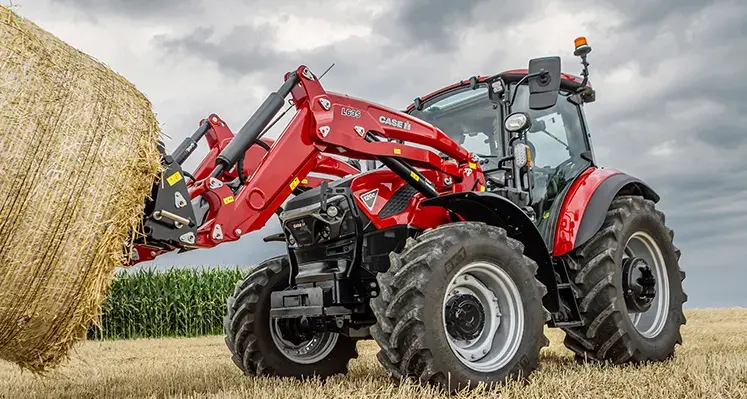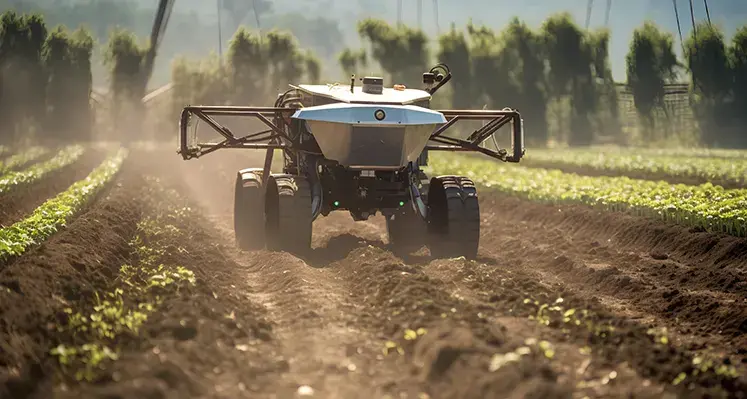In The Spotlight
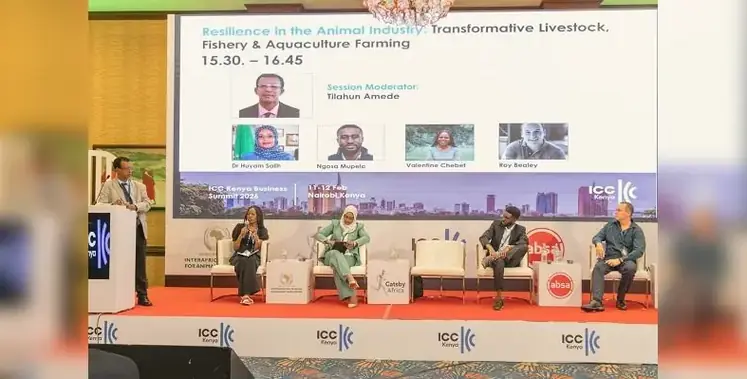
Africa is home to one of the largest livestock populations in the world, yet the sector remains fragmented and underfunded. (Image credit: AU-IBAR)
“Africa’s livestock sector already contributes over USD 210 billion annually, yet we continue to import products we could produce ourselves. The question is whether we will seize the billion-dollar opportunity before us.” This message from Huyam Salih, Director of AU-IBAR, framed the urgency of transforming Africa’s livestock systems during the panel discussion on “Resilience in the Animal Industry” at the ICC Kenya Business Summit 2026 in Nairobi.
Her remarks brought into focus a striking reality. Africa is home to one of the largest livestock populations in the world, yet the sector remains fragmented and underfunded. Much of its potential is untapped, and many systems are not fully connected to competitive regional and global markets. While livestock already plays a significant economic role, it has not yet reached the level of organisation and investment needed to drive broader transformation.
The livestock discussion formed part of a wider summit programme that examined what Africa must do to reshape its economic future. Conversations covered sustainable agriculture, precision farming, digital trade, sustainable finance and green infrastructure. Across these themes, one message stood out. Production alone is not enough. Africa must build integrated systems that connect farmers to markets, finance, technology and infrastructure.
Speakers stressed the need to strengthen agricultural value chains, improve access to finance and attract greater private sector participation. Digital tools were identified as essential in simplifying trade processes, increasing transparency and widening market access. At the same time, sustainable finance was seen as critical in unlocking long term investment through stronger collaboration between governments, financial institutions and investors.
Within this broader context, Salih emphasised that livestock must move beyond subsistence activity and be recognised as a structured and investable sector. She called for stronger animal health systems, better feed and genetics, improved processing capacity and deeper integration of production, processing and trade.
Through its continental mandate, the African Union InterAfrican Bureau for Animal Resources supports Member States in modernising livestock systems. This includes strengthening veterinary services, improving disease control and facilitating safe regional trade. Such efforts protect livelihoods while opening doors to larger markets and increased private investment.
Salih also highlighted the importance of climate smart livestock systems that boost productivity while reducing environmental pressure. With rising demand for animal protein and vast livestock resources, Africa holds a strong foundation for growth.
The summit made it clear that livestock can be a powerful driver of food security, employment and trade competitiveness. The opportunity is evident. Turning that opportunity into tangible results will depend on coordinated action, sustained investment and a shared commitment to building resilient and competitive systems across the continent.
South Africa’s sugar industry is facing a critical moment, and the Minister of Agriculture, John Steenhuisen, has called for urgent action to prevent serious disruption ahead of the April crushing season.
The crisis follows the liquidation of Tongaat Hulett, which has created uncertainty around the continued operation of several major sugar mills.
The Department of Agriculture has been in discussions with industry stakeholders and has been informed that unless the current funding deadlock is resolved without delay, growers will not be able to deliver their cane for processing. Should the mills fail to open, production would grind to a halt, placing thousands of livelihoods at risk.
Around 15 500 growers depend directly on these mills to process their harvest. Beyond the farms, between 35 000 and 40 000 jobs are tied to the wider supply chain connected to the sugar industry. For many rural communities, the mills are not just processing facilities but economic lifelines that support families, small businesses and local services.
Steenhuisen said, “This is not a theoretical risk, it is an immediate economic threat to rural communities. If the mills do not open, farmers cannot harvest, workers cannot earn an income, and entire local economies will stall. The longer uncertainty persists, the greater the damage becomes.”
The Minister stressed that agriculture operates according to natural cycles that cannot be postponed. Sugar cane must be harvested and processed within strict timeframes. Any delay caused by financial or legal disputes could result in heavy losses that ripple across the sector.
“Government’s concern is simple: the crop cannot wait. Agricultural production works on biological timelines, not legal or financial ones. An intervention that unlocks funding and restores operational certainty is urgently required to protect both production and jobs.”
The Department of Agriculture is working closely with other government departments and financial stakeholders to find a practical solution. The aim is to preserve production capacity, protect growers and workers, and avoid lasting damage to the industry.
Steenhuisen also highlighted the broader importance of the sugar sector. It plays a significant role in rural economies and contributes to national food value chains. Allowing production to collapse would not only harm farmers and mill workers but also have wider economic and social consequences.
“Our objective is not to intervene in commercial negotiations, but to ensure that a viable path forward exists so that growers can deliver cane, mills can operate, and workers can earn an income. The immediate priority must be keeping the season alive" added Steenhuisen.
The Ministry has committed to closely monitoring the situation and remains ready to support continued engagement to secure stability and protect the future of the sugar industry.
The African Continental Free Trade Area Secretariat and AGRA have strengthened their collaboration in a renewed effort to boost trade within Africa, placing agriculture at the heart of economic growth and food security.
The announcement was made on 14 February during a high level gathering held alongside the 39th African Union Summit, signalling a clear intent to move from policy ambition to practical delivery.
H.E. Wamkele Mene, Secretary General of the African Continental Free Trade Area Secretariat, and Alice Ruhweza, President of AGRA, formalised the partnership through the signing of a Memorandum of Understanding. This agreement ushers in a new chapter of cooperation focused on ensuring that the AfCFTA framework translates into real improvements for agricultural markets across the continent.
With 50 countries now having ratified the AfCFTA Agreement, the focus is turning firmly towards implementation. Agriculture has emerged as a priority sector, given its central role in livelihoods, employment and food systems. Leaders see enormous potential for the sector to shift Africa’s position in global trade by encouraging value addition and strengthening regional supply chains.
H.E. Wamkele Mene, said, “The AfCFTA offers Africa a historic opportunity to shift from exporting raw commodities to building regional value chains that create jobs, raise farmer incomes and strengthen food security. Our partnership with AGRA is about moving from ambition to execution, ensuring that agricultural trade delivers tangible benefits for producers, processors and consumers across the continent.”
At the core of this renewed partnership is the AfCFTA Agri Trade Action Plan. The plan outlines practical measures aimed at reducing non tariff barriers, improving trade facilitation, encouraging value addition and attracting investment into regional agricultural value chains. These efforts are expected to create a more enabling environment for farmers and agribusinesses to trade more efficiently across borders.
Alice Ruhweza, said, “Trade will not transform Africa’s food systems unless farmers and agri enterprises are able to produce competitively, meet international quality standards, and connect to reliable markets.This partnership is about making intra African food trade work in practice—linking policy to delivery so that agriculture becomes a driver of inclusive growth, resilience and shared prosperity.”
By combining policy leadership with practical agricultural expertise, the AfCFTA Secretariat and AGRA aim to ensure that farmers, processors and consumers all benefit from a more integrated African market. Their shared vision is simple yet powerful: to enable agriculture to unlock opportunity, strengthen resilience and create shared prosperity throughout the continent.
IFTEX 2026 marks the 13th edition of the International Flower Trade Exhibition and continues to strengthen its reputation as one of the most important business focused floriculture events in the world.
Set to take place in Nairobi, Kenya, the exhibition will be held from June 2 to June 4, 2026, at the Visa Oshwal Centre in Ring Road Parklands. Organised by HPP Worldwide, the event brings together the global flower trade under one roof and places East Africa firmly on the international floriculture map.
Designed exclusively for industry professionals, IFTEX 2026 is a trade only exhibition that welcomes growers, breeders, exporters, logistics providers and international buyers from across the globe. Entry is restricted to qualified visitors aged 18 years and above, ensuring a professional environment where meaningful business discussions and long term partnerships can flourish. The exhibition provides a focused platform for networking, sourcing new products and exploring opportunities within the fast growing global flower market.
The three day programme begins on Tuesday, June 2, 2026, with an official opening ceremony scheduled from 09:00 to 11:00 hrs, followed by exhibition hours running until 18:00 hrs. On Wednesday, June 3, 2026, the exhibition continues from 10:00 to 18:00 hrs and concludes with the official exhibition party from 18:30 to 23:00 hrs, offering a relaxed setting for industry networking. The final day, Thursday, June 4, 2026, runs from 10:00 to 16:00 hrs, allowing visitors to finalise meetings and business deals.
IFTEX has consistently positioned itself as a central global platform for the floriculture industry, attracting international participation and supporting large scale trade connections. While previous editions such as 2025 highlight the event’s growth, the confirmed dates and format underline the importance of IFTEX 2026 as a key calendar event.
For floriculture professionals seeking access to global markets, innovative flower varieties and valuable industry connections, IFTEX 2026 offers a unique opportunity to engage with the heart of the international flower trade.
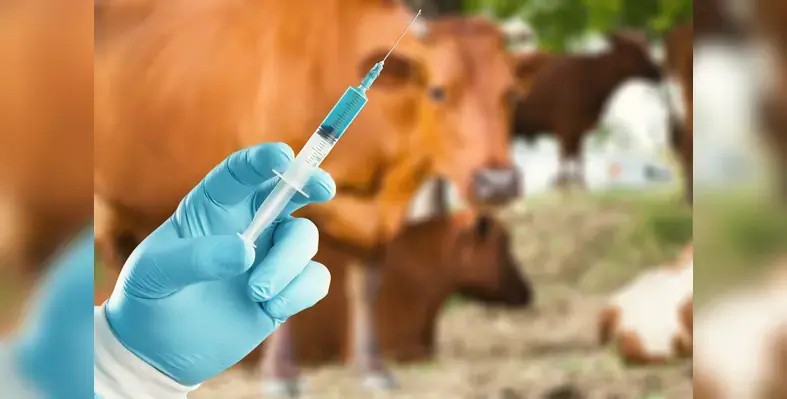
Global antimicrobial usage peaked dramatically at 118,600 tonnes in 2013 before dropping to 84,000 tonnes by 2020.
A groundbreaking UCL study reveals a paradox at the heart of global agriculture: whilst antimicrobial use in livestock has plummeted by nearly a third since 2013, wealthy nations are quietly shifting the burden overseas through strategic imports.
The research, published in Nature Sustainability, tracked antimicrobial consumption patterns across a decade, painting the most comprehensive picture yet of how these critical medicines flow through our interconnected food systems. The findings tell two contrasting stories about progress and persistent problems.
Global antimicrobial usage peaked dramatically at 118,600 tonnes in 2013 before dropping to 84,000 tonnes by 2020. This remarkable decline accelerated following the landmark 2016 UN meeting on antimicrobial resistance, which catalysed stricter regulations across numerous countries. Per capita consumption fell from 15.6 grams to 10.6 grams during this period.
China and the United States, commanding roughly 60% of worldwide usage, drove this positive shift with reductions of 29% and 28% respectively. These numbers represent genuine progress in combating a threat that currently claims 700,000 lives annually through drug resistant bacteria.
However, beneath these encouraging statistics lies a troubling pattern. Developed nations have effectively exported their antimicrobial footprint by importing products from emerging economies where livestock farming practices remain antimicrobial intensive. Between 2010 and 2020, internationally traded goods' share of antimicrobial use climbed from 16% to 20%.
Perhaps most surprising: half this footprint stems from non food products like clothing, chemicals, and electronics containing animal derived materials. Meanwhile, nations like India and Indonesia face rising antimicrobial consumption, partly fuelled by export demands. India's footprint expanded by 16% across the decade.
"The overuse of antimicrobials in livestock is a serious health concern, posing a potential global health threat. The decline in use in recent years is promising, and shows that government regulation and intervention can be effective. Our research can help inform future guidance for their usage," said Heran Zheng (UCL Bartlett School of Sustainable Construction).
This study underscores a critical reality: reducing antimicrobial resistance requires coordinated global action, not just shifting production to countries with looser regulations. True progress means addressing consumption patterns and supporting sustainable farming practices worldwide.
Bayer East Africa has called on farmers across the country to be cautious when buying seeds, warning that counterfeit products continue to harm harvests and livelihoods.
The company says uncertified seeds are undermining food security and placing thousands of smallholder farmers at risk.
Speaking during a pick up promotion campaign in Kisii, Managing Director John Kanyingi expressed concern over the growing circulation of fake seeds in local markets. According to him, many farmers have suffered disappointing yields and financial losses after unknowingly planting poor quality seed.
He emphasized that the campaign aims to protect farmers, improve yields, and stabilize food supply.
“We are telling our farmers to purchase seeds only from licensed agro-dealers and verify packaging details, including KEPHIS certification labels,” Kanyinke said. Certified seeds, he added, significantly boost productivity in maize, beans, and horticultural crops—key staples in Kenya’s food basket.
The initiative supports wider government efforts to strengthen national food systems, reduce reliance on imports, and shield households from rising food prices. At the same time, Kenya Plant Health Inspectorate Service has stepped up market surveillance and enforcement measures ahead of the planting season. The agency is also increasing awareness campaigns to help farmers identify genuine agricultural inputs.
For many farmers, the message hits close to home. Catherine Kemunto from Bobasi shared how switching to certified DK maize varieties changed her fortunes. What was once a harvest of barely ten bags has grown to as many as forty sacks. The improvement has supported her family income and allowed her to pay school fees. She now encourages fellow farmers to use quality seed and adopt better farming practices.
Peter Nyabuto, also from Bobasi, recalled the disappointment of buying seed from an unverified dealer. The result was uneven germination and a poor harvest.
Kanyinke reiterated that access to certified seeds is critical to Kenya’s food security goals and urged farmers to remain vigilant against counterfeit agricultural inputs.
Global agriculture continues to expand, yet the agricultural machinery market is navigating a period of turbulence.
Economic uncertainty, geopolitical tensions and shifting trade policies are reshaping where and how farm equipment is bought and sold. This evolving landscape was outlined during the press conference launching the 47th edition of EIMA International, the world’s leading exhibition for agricultural technologies, set to take place in Bologna from 10 to 14 November.
Mariateresa Maschio, FederUnacoma President, said, “Protectionist policies in some countries, economic sanctions, interference with trade routes, and tariff wars have led to market fragmentation and a sharp slowdown in trade which is weighing on the performance of the agromechanical sector.”
Traditional markets are feeling the strain. The United States recorded a 10 percent fall in tractor sales in 2025, while Germany, France and the United Kingdom also posted double digit declines. In contrast, southern Europe is showing renewed momentum. Italy and Spain both closed the year with strong growth, signalling cautious optimism within the European agricultural machinery industry.
India remains the standout performer. With tractor sales exceeding 1.1 million units, the country continues to dominate the global market. According to Maschio, this growth reflects deeper structural demand rather than a short term spike. “Over the past fifteen years, output in the primary sector has grown significantly,” said Mariateresa Maschio, “but to meet the needs of the world’s population it will have to grow by a further 14% by 2034, especially in India and in those countries of North Africa, Sub-Saharan Africa, and the Middle East that are experiencing the highest demographic growth.”
A new geography of agricultural production is emerging, driven by mechanisation, digital farming solutions and expanding demand in Asia, Africa and Latin America. Chinese manufacturers are rapidly increasing their presence across these regions and even gaining ground in Europe.
“In the coming years we will have a highly segmented agromechanical sector, with low-cost basic technologies alongside highly advanced technologies for complex operations,” added Mariateresa Maschio, underlining the importance of innovation, policy support and international cooperation as the sector looks ahead.





